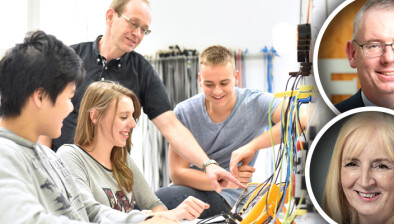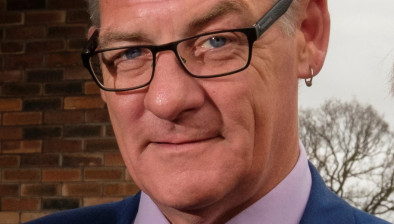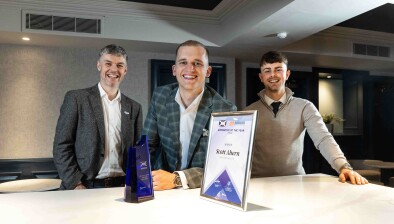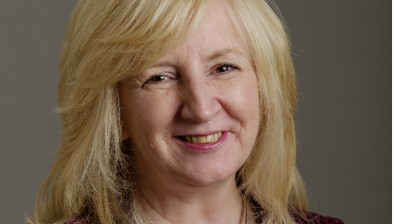Four year wage agreement for Scotland’s electrical contracting industry

An unprecedented four year wage deal has been agreed between SELECT, the campaigning trade body for the electrotechnical industry in Scotland, and trade union Unite the Union.
Amongst a range of agreed measures, which will take effect from January 2017, are wage increases of 2 per cent in 2017, 2.5 per cent in 2018, 2.75 per cent in 2019 and 3 per cent in 2020.
Other measures include the introduction of a new mileage allowance and mileage rate to replace travel allowance and travelling time, annual holiday increases to 23 days in 2019 and 24 days in 2020 and encouragement of apprentice recruitment.
SELECT’s chief negotiator, Alick Smith, said: “I am very pleased with the outcome of the negotiations – it is all the more welcome as it provides certainty at a time of considerable uncertainty in the wider economy.
“Having a four-year settlement gives SELECT, together with Unite, the opportunity to address broader issues and achieve agreement on long-term changes which are necessary to modernise the industry.”
Unite national officer, Bernard McAulay, added: “Our members have voted to accept a four-year wages and conditions settlement that will deliver industrial relations stability in a very difficult economic climate.
“The electrical contracting industry is changing at a pace and now is the time for the parties to address the challenges of tomorrow, ensuring our members are at the forefront of installing the latest hi-tech equipment which is central to delivering the next generation of low carbon buildings in the UK.”
The agreement is for SELECT’s 1,200 members who account for around 90 per cent of all electrical installation work carried out in Scotland, have a collective turnover of around £1 billion and provide employment for some 15,000 people.
Newell McGuiness, SELECT’s managing director, said: “The new pay rates represent a good, productive outcome and we welcome the agreement.”














